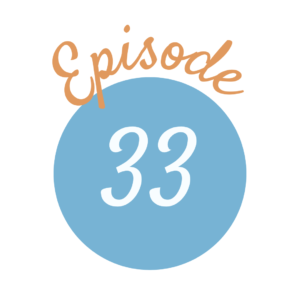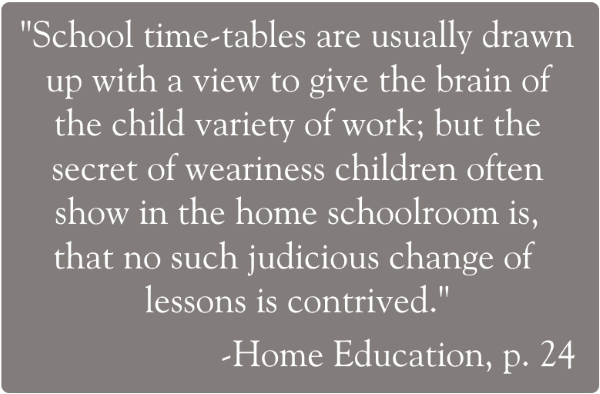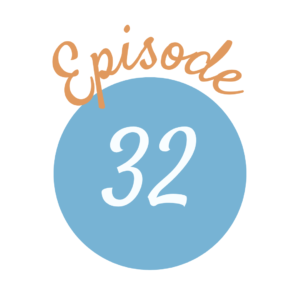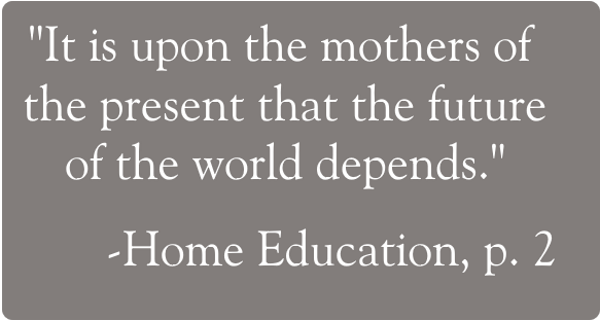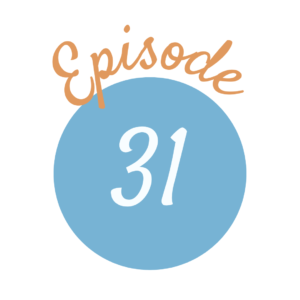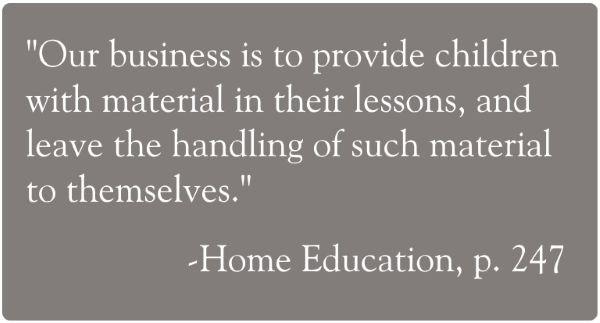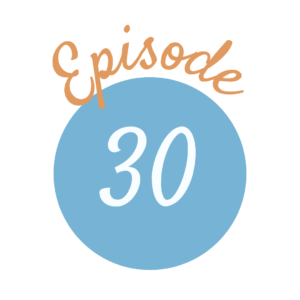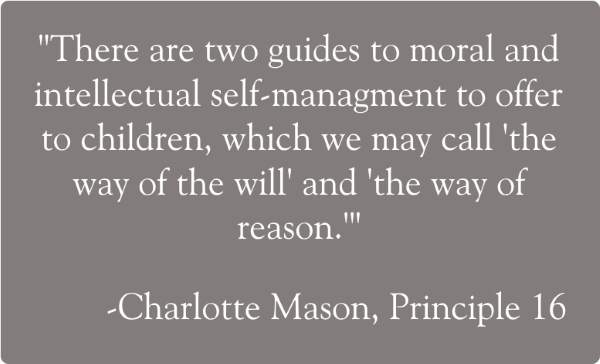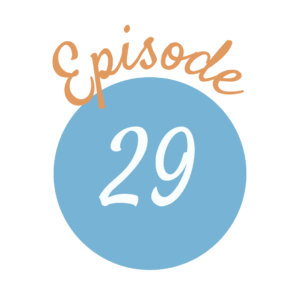
This Charlotte Mason podcast focuses on the subject of citizenship beyond the study of Plutarch. Are Mason’s ideas about the state and the citizen outdated or irrelevant for our students today? This discussion focuses on the subject that studies government, economics, and moral responsibility in the Mason feast.
Listen Now:
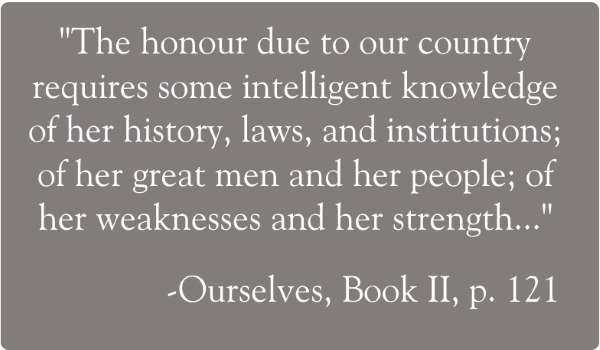

“The honour due to our country requires some intelligent knowledge of her history, laws, and institutions; of her great men and her people; of her weaknesses and her strength; and is not to be confounded with the ignorant and impertinent attitude of the Englishman or the Chinese who believes that to be born an Englishman or a Chinese puts him on a higher level than the people of all other countries; that his own country and his own government are right in all circumstances, and other countries and other governments always wrong. But, on the other hand, still more to be guarded against, is the caitiff spirit of him who holds his own country and his own government always in the wrong and always the worse, and exalts other nations unduly for the sake of depreciating his own.” (Vol. 4, Book II, p. 121)
“Children familiar with the great idea of a State in the sense, not of a government but of the people, learn readily enough about the laws, customs and government of their country; learn, too, with great interest something about themselves, mind and body, heart and soul, because they feel it is well to know what they have it in them to give to their country.” (Vol. 6, p. 187)
“It is probable that the education of the future will recognise, as its guiding idea, Matthew Arnold’s fine saying, that “The thing best worth living for is to be of use.” Every man and woman will be a candidate for service beyond the range of his or her own family.” (Vol. 5, p. 447)
“[In Form I] Children begin to gather conclusions as to the general life of the community from tales, fables, and the story of one or another great citizen.” (Vol. 6, p. 185)
“[In Form II] Citizenship becomes a definite subject rather from the point of view of what may be called the inspiration of citizenship than from that of the knowledge proper to a citizen, though the latter is by no means neglected.” (Vol. 6, p. 185)
“There are few better equipments for a citizen than a mind capable of discerning the Truth, whether it lie on the side of our party or on that of our opponents. But this just mind can only be preserved by those who take heed what they hear, and how.” (Vol 4, p. 154)
“Civics takes place as a separate subject [from history], but it is so closely bound up with literature and history on the one hand and with ethics, or, what we call every-day morals, on the other, that the division of the subjects is only nominal.” (Vol. 6, p. 274)

If you would like to study along with us, here are some passages from The Home Education Series and other Parent’s Review articles that would be helpful for this episode’s topic. You may also read the series online here, or get the free Kindle version from Fisher Academy.
Ourselves (Volume 4)
Towards a Philosophy of Education (Volume 6), pp. 185-189

The Citizen Reader (Used by Mason in the PNEU, Form 2)
Uncle Eric series by Richard Maybury
Gerald Johnson’s Books on the government: The Presidency, The Cabinet, The Congress, The Supreme Court
(Contains affiliate links)

Audio Version of Charlotte Mason’s Ourselves (Volume 4)
